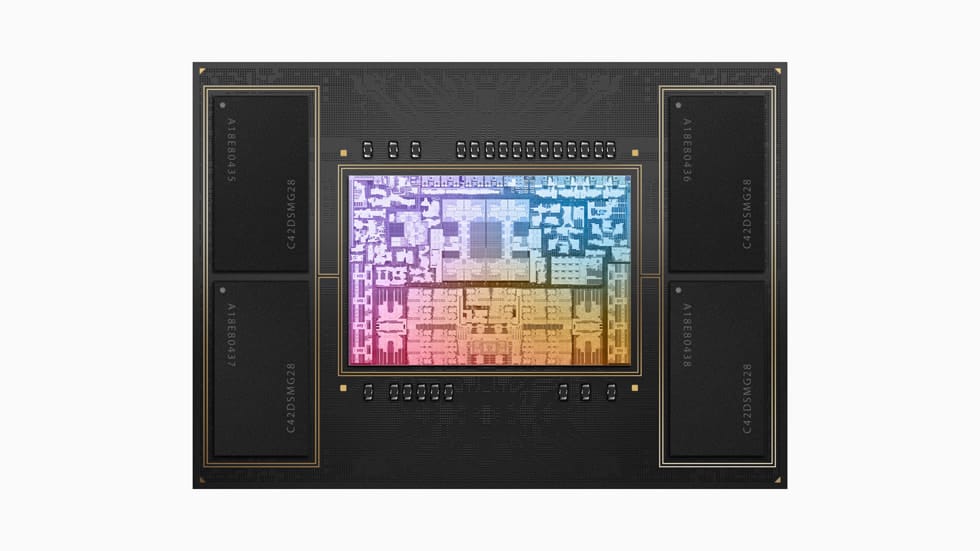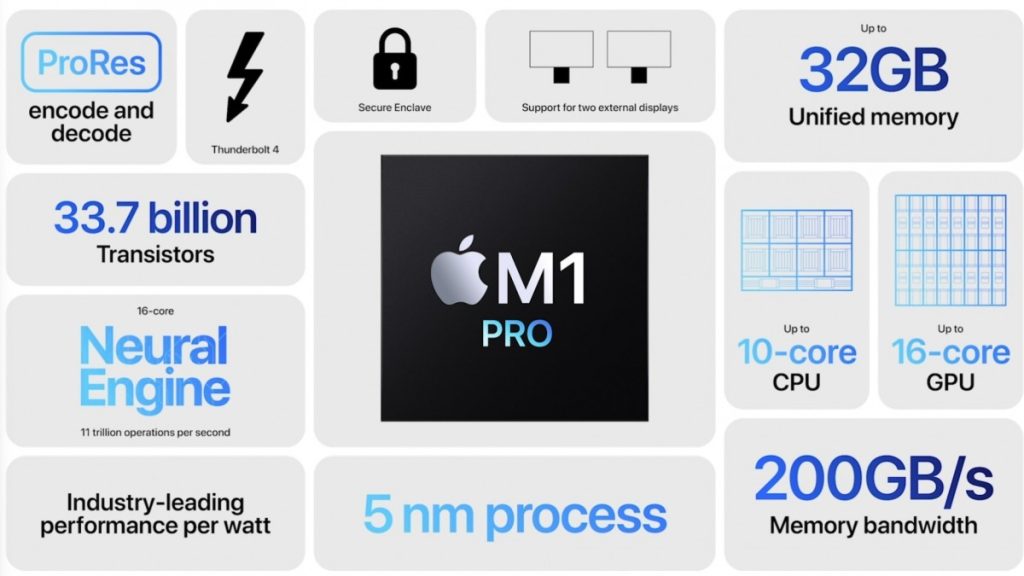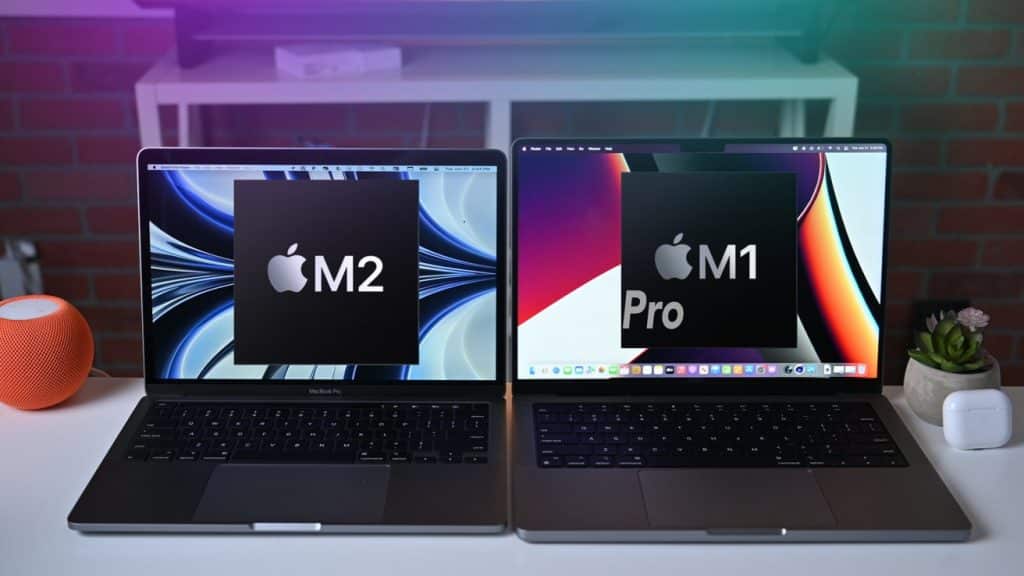Apple’s MacBook Pro has been a popular choice for professionals and creatives for years. With its sleek design, powerful performance, and user-friendly interface, it’s no surprise that the MacBook Pro has become a staple in the tech world. In 2020, Apple introduced the M1 chip, a revolutionary new processor designed specifically for Macs. This sparked a lot of excitement and speculation about the future of the MacBook Pro. Will the M1 chip be the best option for years to come, or will Apple continue to innovate and release a new and improved M2 chip? In this article, we’ll compare the MacBook Pro M1 vs M2 and determine which one is better in 2024.
What is the M1 Chip?
Before we dive into the comparison, let’s first understand what the M1 chip is and why it’s significant. The M1 chip is Apple’s first in-house processor for Macs, replacing the Intel chips that were previously used. It is based on ARM architecture, which is known for its energy efficiency and high performance.
The M1 chip is a system on a chip (SoC), meaning it combines multiple components, such as the CPU, GPU, and memory, into one chip. This allows for faster and more efficient communication between these components, resulting in improved performance and battery life.
M1 vs M2 Macbook Pro: Performance and Speed
One of the most significant advantages of the M1 chip is its performance and speed. The M1 chip has an 8-core CPU, with four high-performance cores and four high-efficiency cores. This allows for faster and more efficient multitasking, making it perfect for professionals who need to run multiple programs simultaneously.
The M1 chip also has an 8-core GPU, which provides up to 2.6x faster graphics performance compared to the previous Intel-based MacBook Pro. This is a significant improvement for creatives who rely on graphics-intensive programs like Adobe Photoshop and Final Cut Pro.
Battery Life
Another area where the M1 chip shines is battery life. The M1 chip is designed to be energy-efficient, resulting in longer battery life for the MacBook Pro. Apple claims that the M1 chip can provide up to 20 hours of battery life, which is a significant improvement from the previous Intel-based MacBook Pro’s 10 hours.
Compatibility
One concern that many users had when Apple announced the M1 chip was compatibility with existing software. However, Apple has made significant strides in ensuring that most programs are compatible with the M1 chip. The M1 chip can run both native and emulated versions of software, making it a versatile option for users.
M1 vs M2 Macbook Pro: What Can We Expect from the M2 Chip?

With the success of the M1 chip, many are wondering what the future holds for the MacBook Pro. Will Apple continue to use the M1 chip, or will they release a new and improved M2 chip? While there is no official confirmation from Apple, there are speculations and rumors about what the M2 chip could bring to the table.
Performance and Speed
One of the most anticipated improvements of the M2 chip is its performance and speed. Rumors suggest that the M2 chip will have a 12-core CPU, with eight high-performance cores and four high-efficiency cores. This would result in even faster and more efficient multitasking, making it a game-changer for professionals.
The M2 chip is also rumored to have a 16-core GPU, providing up to 3x faster graphics performance compared to the M1 chip. This would be a significant improvement for creatives who rely on graphics-intensive programs.
Battery Life
While the M1 chip already has impressive battery life, the M2 chip is rumored to have even longer battery life. Some sources suggest that the M2 chip could provide up to 30 hours of battery life, which would be a significant improvement from the M1 chip’s 20 hours.
M1 vs M2 Macbook Pro: Compatibility
As with any new chip, compatibility is always a concern. However, with the success of the M1 chip, it’s safe to assume that the M2 chip will also be compatible with most software. Apple has been working closely with developers to ensure that their programs are optimized for the M1 chip, and we can expect the same for the M2 chip.
Which is Better in 2024?
Now that we’ve compared the M1 and M2 chips, the question remains: which one is better in 2024? While it’s impossible to predict the future, we can make some educated guesses based on the information we have.
Performance and Speed
In terms of performance and speed, the M2 chip is expected to be a significant improvement over the M1 chip. With its 12-core CPU and 16-core GPU, the M2 chip is rumored to provide even faster and more efficient performance. This would make it the better option for professionals who need to run multiple programs simultaneously and rely on graphics-intensive programs.
M1 vs M2 Macbook Pro: Battery Life

While the M1 chip already has impressive battery life, the M2 chip is expected to have even longer battery life. This would make it the better option for users who are always on the go and need their MacBook Pro to last throughout the day.
Compatibility
As mentioned earlier, compatibility is always a concern when it comes to new chips. However, with the success of the M1 chip, we can expect the M2 chip to be compatible with most software. This would make it a versatile option for users who rely on a variety of programs for their work.
Conclusion
In conclusion, both the M1 and M2 chips have their strengths and weaknesses. The M1 chip is a significant improvement over the previous Intel-based MacBook Pro, with its impressive performance, speed, and battery life. However, the M2 chip is expected to be an even more significant improvement, making it the better option in 2024.
While the M2 chip is not yet available, the M1 chip is a great option for those in need of a new MacBook Pro now. With its impressive performance and battery life, it’s a reliable and powerful choice for professionals and creatives. However, if you can wait a few years, the M2 chip is expected to be a game-changer in the world of MacBook Pros.
